by Brit Graham
Why is death
rarely a woman?
Eyes rend and tear.
Mouths gape, jaws have forgotten
their function. Idolized
is she, amongst the strobing lights
and fluorescent bulbs.
But, we’re rarely pretty when
stripped of our hearts, when
the camera shifts below
our hips, when flesh and jaw
dangle, longingly attached
to their former structure.
She’s shucking her glossed
leather gloves, flicking light
from shadow. She’s tugging
each gloved finger, peeling back
it’s black casing, a second
skin. Her sash blinds
in the stuttering lights, freed
from its bindings. Her hips
dip and roll in their easy crash
and saunter of angst-laced bass.
The precise pitch a perfect fever
to settle deep in the bones.
Glacial heels slam and crack
against the stage, her glove
drifts to the floor.
Why is death never a woman?
Why is she only aching
when she creates a life
for you? This body half loved
by you, this body spinning
a new life for you and
loving it more because that
budding body is half of you
too. Why is does she ache while
she’s creates a body
to sustain you?
Her robe parts, a scar
cleaves her soft belly
in two. The hood
of her robe, peaked over
her brow sheathes
pitted sockets and mangled
maw. Scuffed heels pierce
the sleek pedestal in which
she was raised. Her ease
fractures with rigor
mortis, her gentle serial
suicides laid as stepping
stones for the ferrying.
Her hood falls, long locks
moth eaten, much like
the webs she’s weaved.
The lies piled upon curled
silk, spun from ashes
and grief.
Why is she
not our harbinger
of death? The androgynous
shape the same
as any cut
from the stripped
fineries of living.
—
 For now Brit Graham traverses the tundra that is South Dakota, while tripping over things while stargazing in the all too brief summer months. She is the crux of an ongoing love affair between the Pacific and Atlantic. She managed to pry an MFA in Poetry from the grasp of Converse College. You can read her poetry things in publications like Devilfish Review, The Night Owl, RealSouth Magazine, and The OWL.
For now Brit Graham traverses the tundra that is South Dakota, while tripping over things while stargazing in the all too brief summer months. She is the crux of an ongoing love affair between the Pacific and Atlantic. She managed to pry an MFA in Poetry from the grasp of Converse College. You can read her poetry things in publications like Devilfish Review, The Night Owl, RealSouth Magazine, and The OWL.



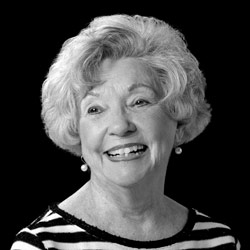
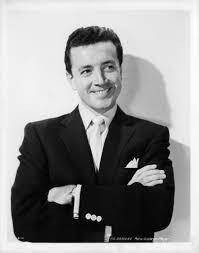

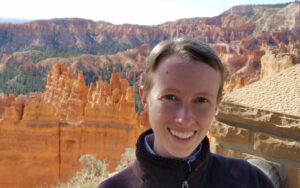

 Do you wish you could put your love for writing first?
Do you wish you could put your love for writing first?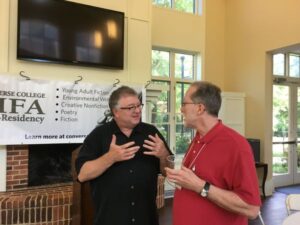 Try the Converse MFA
Try the Converse MFA 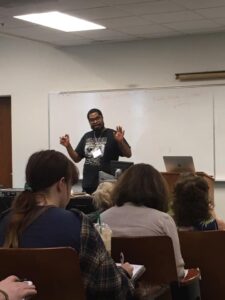 The Converse Low Residency MFA program also offers a
The Converse Low Residency MFA program also offers a 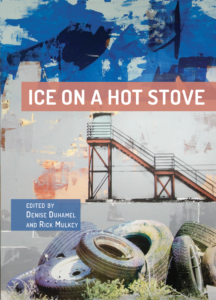 Students and alums of the Converse MFA program have access to publishing opportunities through the
Students and alums of the Converse MFA program have access to publishing opportunities through the 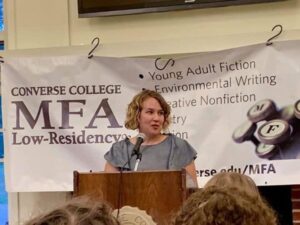 In addition to meeting the minimum requirements set by the Converse University Graduate School, the MFA applicant must receive approval for degree program status from the MFA program faculty and director.
In addition to meeting the minimum requirements set by the Converse University Graduate School, the MFA applicant must receive approval for degree program status from the MFA program faculty and director.